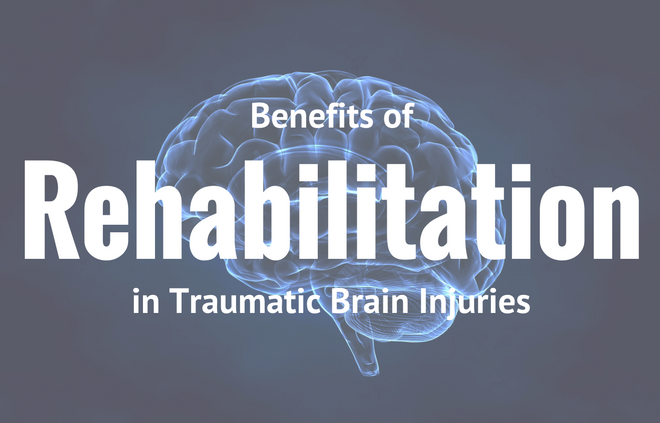Some Of Narconon Africa
Table of ContentsUnknown Facts About Narconon AfricaSome Known Facts About Narconon Africa.The 7-Minute Rule for Narconon AfricaNarconon Africa - The FactsThe Greatest Guide To Narconon AfricaThe smart Trick of Narconon Africa That Nobody is DiscussingThe Main Principles Of Narconon Africa
In a collection of documents with Manudeep Bhuller and Katrine V. Lken, we overcome these information obstacles and the nonrandomness of imprisonment, providing new understandings right into how imprisonment impacts recidivism, work, youngsters, and criminal networks - Drug rehabilitation. Number 1 Our work studies the effects of imprisonment in Norway, a setup with 2 crucial benefitsWe can further link this details to other member of the family, including kids and siblings. We have info on co-offending that allows us to map out criminal networks for observed criminal activities. Second, we can leverage the arbitrary task of criminal situations to judges that vary in their propensities to send accuseds to prison.
But some judges send defendants to prison at a high price, while others are extra tolerant. We determine a judge's stringency as the average imprisonment rate for all various other cases a judge deals with, after managing for court and year set results, which is the degree of random project. This quasi-random project of judge stringency can be used as a tool for imprisonment, as it strongly forecasts the court's choice in the present case, however is uncorrelated with other situation attributes both by design and empirically.
Rumored Buzz on Narconon Africa
Attributes of detainees, consisting of demographics and criminal activity classifications, are extensively comparable in Norway and other nations, including the United States, with the exceptions that the United States murder price is a lot greater, and race plays a bigger role there as well. What stands out as different, particularly contrasted with the United States, is the prison system.
Number 2In Norway, the typical time invested in prison is a little over 6 months, which is comparable to most other Western European countries. This contrasts with typical US prison time of nearly three years, which remains in big component the factor the USA is an outlier in its incarceration price compared to the remainder of the globe [Figure 1]
Facts About Narconon Africa Uncovered
This offers much even more splitting up between small and hard offenders than exists in the United States. There is no congestion in Norwegian prisons and far better individual safety and security, with each prisoner being designated to their very own cell and a greater inmate-to-staff ratio than in the USA (https://www.merchantcircle.com/blogs/narconon-africa-louisville-ky/2024/6/50-YEARS-Saving-Lives-from-Drugs/2740632). Prisons in Norway also offer well-funded education, drug therapy, mental wellness, and job training programs
Our research on the results of imprisonment on the offender, making use of the random project of courts as a tool, returns 3 essential searchings for. Imprisonment dissuades even more criminal behavior. We locate that imprisonment reduces the possibility that an individual will reoffend within 5 years by 27 portion factors and reduces the equivalent number of criminal charges per person by 10 charges.
Excitement About Narconon Africa
We discover sizable reductions in reoffending probabilities and cumulative charged criminal activities also after accuseds are released from jail. Our 2nd result is that prejudice due to selection on unobservable specific qualities, if overlooked, leads to the incorrect final thought that time spent behind bars is criminogenic. If we merely contrast criminal defendants imprisoned versus those not sentenced, we discover positive associations between imprisonment and subsequent crime.
This stands in contrast to our evaluation based upon the arbitrary assignment of judges, which discovers an opposite-signed outcome. Third, the reduction in crime is driven by individuals that were not functioning prior to imprisonment. Amongst these individuals, imprisonment raises involvement in programs guided at improving employability and lowering regression, and this ultimately increases employment and earnings while discouraging criminal behavior.

Imprisonment triggers a 34 percentage point rise in participation in task training programs for the previously nonemployed, and within 5 years their work price rises by 40 portion factors. At the exact same time, the possibility of reoffending within five years is reduced by 46 percent points, and there is a decline of 22 in the ordinary number of criminal charges.
A Biased View of Narconon Africa

A plausible description for the distinction is that Norway's jail system differs noticeably, both in terms of prison-term size and jail conditions, from the US prison system. While recognizing the results of imprisonment on the wrongdoer is a vital first step, recording spillover impacts is likewise crucial for examining criminal justice policy and developing reliable jail systems.
The Narconon Africa Statements

Common the very least squares estimates disclose that children of incarcerated daddies are 1 portion point extra likely to be charged with a criminal offense, family member to a mean of 13 percent, and show no result on school qualities. Using our judge stringency tool, we locate no statistical proof that a papa's incarceration affects a child's own crime or college grades, however we are not able to rule out modest-sized impacts.
Excitement About Narconon Africa
We define criminal groups based upon network links to prior criminal instances. Our evaluation returns three main findings. First, when a criminal network member is put behind bars, their peers' chance of being charged with a future criminal offense reduces by 51 portion factors over the next four years. Also, having an older bro incarcerated reduces the likelihood his younger bro will certainly be billed with a criminal offense by 32 percent factors over the next 4 years.